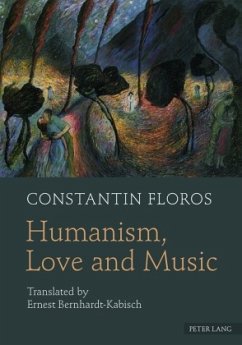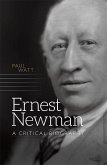"Music is no mere play of sound, no mere tonal texture, but has a significant psychic, spiritual/intellectual and social dimension. In other words: a musical art work is not merely an autonomous artifact but also document humain." With this thesis - and with a view to the question as to the meaning of music as such - the author opens his broadly designed plea for a "humane music." Based on interdisciplinary researches, and making use of partly unfamiliar documents, he demonstrates on musical works from Monteverdi to Alban Berg how and why they can be heard and understood as a tonal language specifically of love. The study investigates the question of how changes in the conception of love are reflected in music and concludes with a warning of a dehumanized world.
About the German edition of the book:
«(The book) ranges over a wide spectrum from Monteverdi onwards, interspersing such favourite subjects as Mahler and Wagner with less expected ones like Holst's Planets suite.» (Peter Palmer, The Bruckner Journal)
«The best of the research in musical semantic, to which the author has dedicated half his life.» (Lutz Lesle, ekz Informationsdienst)
«(The book) ranges over a wide spectrum from Monteverdi onwards, interspersing such favourite subjects as Mahler and Wagner with less expected ones like Holst's Planets suite.» (Peter Palmer, The Bruckner Journal)
«The best of the research in musical semantic, to which the author has dedicated half his life.» (Lutz Lesle, ekz Informationsdienst)








